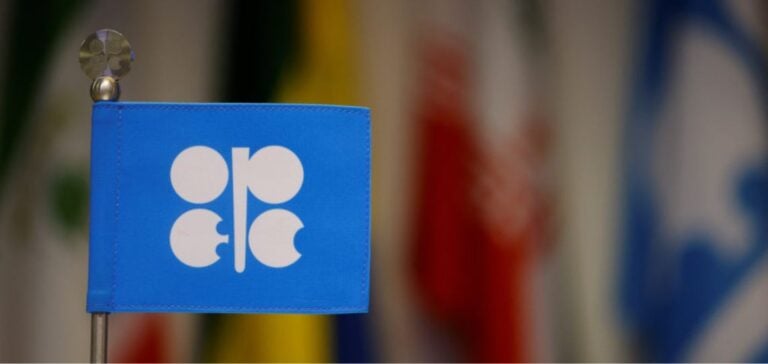The Organization of the Petroleum Exporting Countries (OPEC) is counting on a persistent rebound in the Chinese economy to support oil demand growth in the second half of 2023 and into 2024, according to the cartel’s latest monthly report published on Thursday.
Global oil demand is set to rise in 2024, according to OPEC and the IEA.
“For 2024, global oil demand is expected to increase by 2.2 million barrels per day (mb/d) to around 104.25 mb/d”, according to an initial assessment by OPEC, which revises its forecasts every month.
Non-OECD countries are “expected to drive growth”, to the tune of almost 2.0 mb/d, according to the cartel, which points primarily to China, the Middle East and other Asian countries for the bulk of this growth, also supported by India, Latin America and Africa. For 2023, OPEC is maintaining its growth forecast, revised very slightly upwards to 2.4 mb/d compared with 2022, for global demand of 102 mb/d, compared with 101.9 mb/d estimated last month.
Here again, OPEC points to “the strongest demand in China in the second quarter of 2023”. “Key countries” in oil consumption, including China and India, as well as other developing economies in Asia, will continue to experience strong growth “and will be responsible for almost half of global economic growth next year”, OPEC estimates, subject to a further decline in inflation.
For its part, the International Energy Agency (IEA) estimates that world oil demand should reach 102.1 mb/d in 2023, a record despite a downward revision of the forecast due to the global economic slowdown. On the supply side, OPEC forecasts an increase of 1.4 mb/d in 2024.
OPEC+ countries (Organization of the Petroleum Exporting Countries and their allies) recently announced production cuts to support prices. In June, production by OPEC members held steady, rising very slightly by 91,000 b/d to 28.19 mb/d, according to indirect sources cited in the report.






















